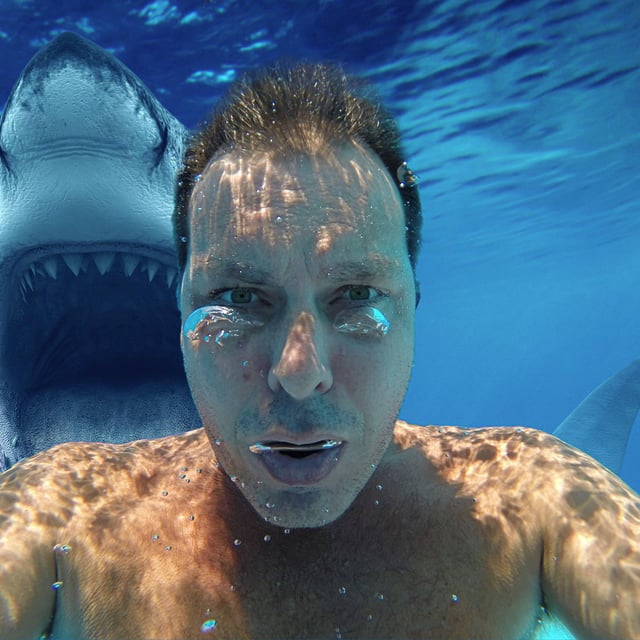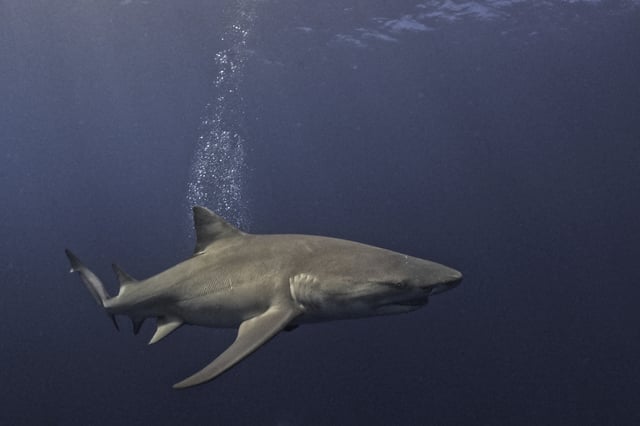Overview
- A study published in Frontiers in Conservation Science found that around 5% of shark bites globally are defensive responses to perceived human aggression.
- Human activities such as spearfishing, grabbing sharks, or influencer-driven interactions are key triggers for defensive bites.
- Researchers analyzed nearly 7,000 shark bite records and identified 322 incidents globally as likely motivated by self-defense, with similar findings in French Polynesia.
- Experts criticize influencers and viral social media posts for encouraging risky behaviors like touching or posing with sharks, which can provoke defensive reactions.
- The study calls on media to avoid labeling all shark encounters as 'attacks' and to focus on human responsibility to improve shark conservation efforts.



